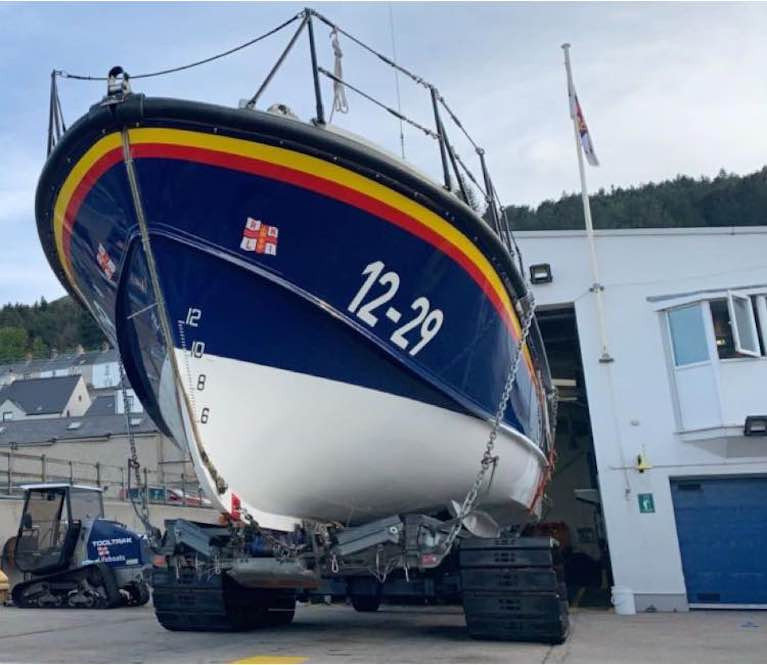Just three days after the return of Newcastle RNLI station's D class lifeboat, Eliza, after a refit, in the late afternoon yesterday, Belfast Coastguard requested the immediate launch of the both the station's Lifeboats to reports of an overdue swimmer in the vicinity of the Inner Dundrum Bay area at at Murlough Beach.
The swimmer had got separated from his friend. Coastguard teams from Newcastle, Kilkeel and Portaferry, police officers from Newcastle and Downpatrick and the Coastguard helicopter from Valley, in Wales were also involved in the search.
Dundrum Outer Bay lies east of Newcastle in south County Down. The Outer Bay is a wide gently shelving bay, and the Inner Bay is an estuarine lagoon, connected to the Outer Bay by a tidal channel.
The search extended from Murlough Beach, around Dundrum inner bay to Tyrella Beach in difficult conditions with a strong, cold onshore wind.
Over two hours after he went missing the swimmer was found by Police Officers on the beach at Ballykinler Army Base, having been swept away from Murlough and across the bay before coming ashore. The man was taken to hospital.
The rescue was coordinated by Belfast Coastguard Operations Centre.
This story was updated on November 17 with up to date details of the rescue operation































































